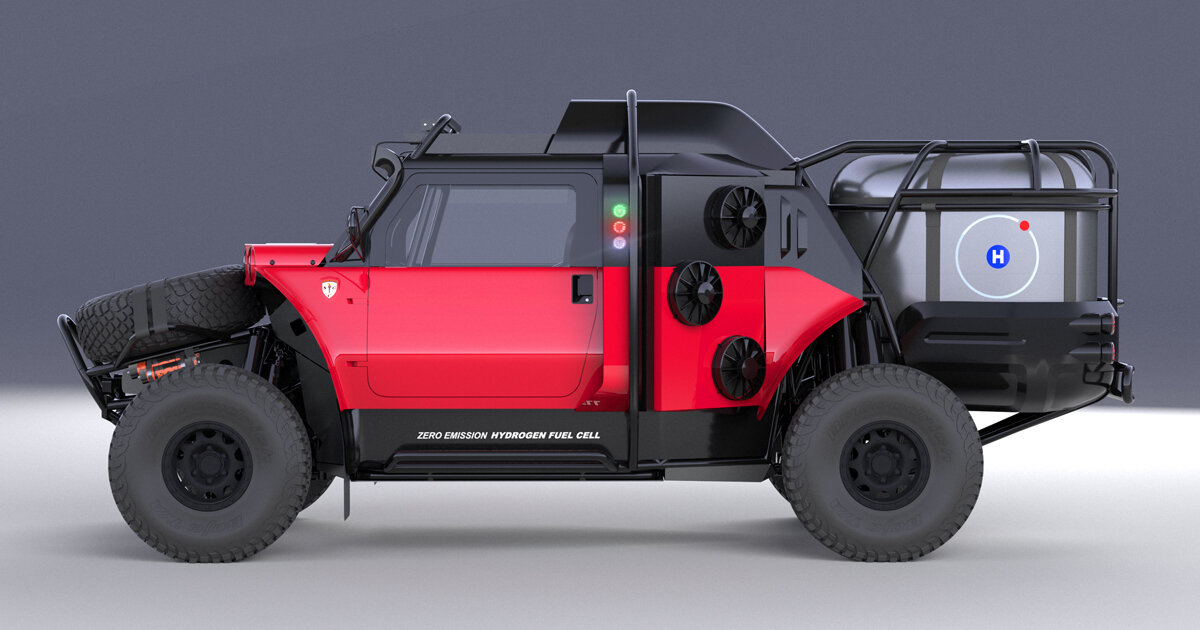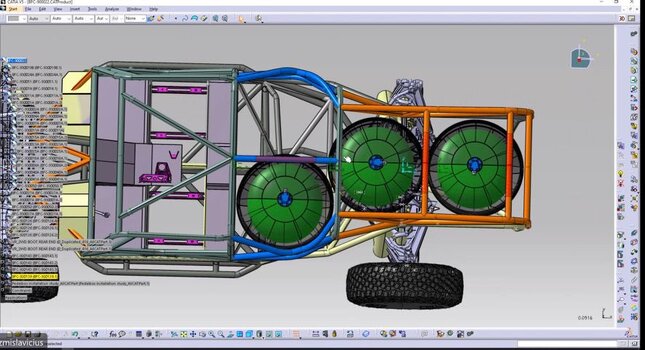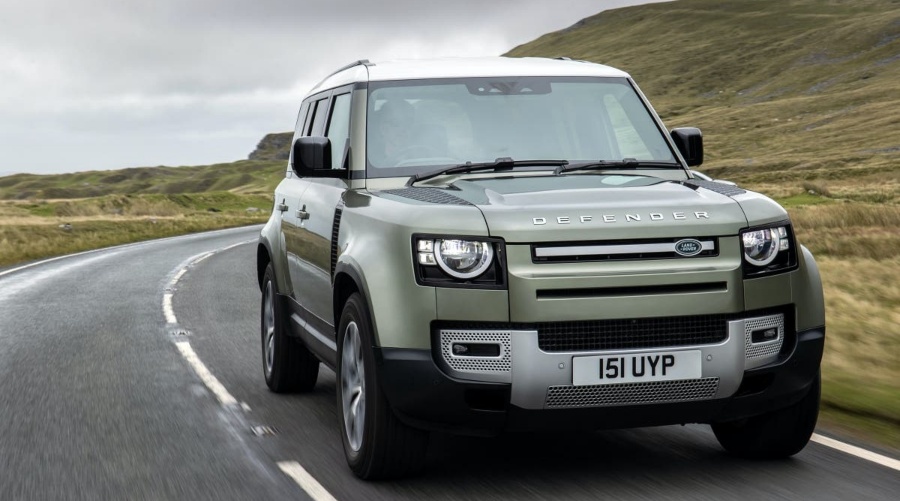- Local time
- 1:19 PM
- Joined
- Jul 27, 2022
- Messages
- 6,005
Yes batteries in a hydrogen fuel cell vehicle may be smaller but its essentially a BEV with a built in recharging system consisting of a hydrogen fuel tank and a fuel cell.
Weight/volume between each option will have to be compromised somewhere.
The fallback position on all of this is that companies like Toyota have been invested in hydrogen tech since 1994 (?) but the commercial market for passenger cars now is dominated by battery electric ~ why?
As for over engineered chassis, battery packs are now commonly forming part of the structural integrity of the vehicle itself ~ no additional chassis required.
I'm not a huge flag waver for BEV (but do declare to purchasing a Tesla) but where are the hydrogen powered vehicles? The only ones really out there are Toyota and Hyundai with tiny market penetration. BMW, JLR, Ineos, Vauxhall are all dabbling, but mostly with public money via various grants and development schemes.
Weight/volume between each option will have to be compromised somewhere.
The fallback position on all of this is that companies like Toyota have been invested in hydrogen tech since 1994 (?) but the commercial market for passenger cars now is dominated by battery electric ~ why?
As for over engineered chassis, battery packs are now commonly forming part of the structural integrity of the vehicle itself ~ no additional chassis required.
I'm not a huge flag waver for BEV (but do declare to purchasing a Tesla) but where are the hydrogen powered vehicles? The only ones really out there are Toyota and Hyundai with tiny market penetration. BMW, JLR, Ineos, Vauxhall are all dabbling, but mostly with public money via various grants and development schemes.
Last edited:






